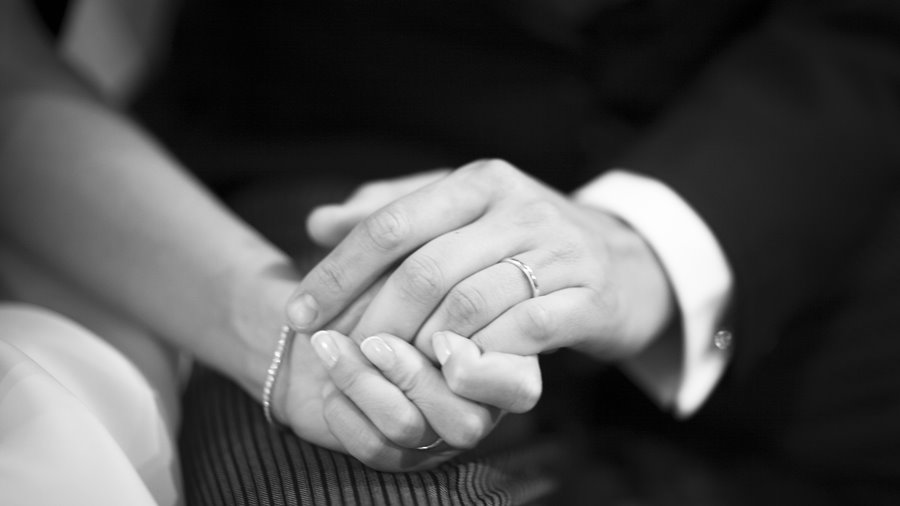Ending a marriage is never going to be easy, but when you’re an expat living in the UAE and away from any support system, things can seem even more challenging. So if ever you may end up separating from your spouse, you need to make sure you follow proper steps and guidelines.
Also Read: How to Apply for Divorce in UAE
The parties seeking for a divorce in UAE may take the help of a divorce lawyer and choose the right jurisdiction. Remember that different courts will have different rules. Expatriates may seek to apply the law of their home countries to divorce. In this article, we’ll discuss the eligibility, steps, custody rights if you have children, and everything else that you need to know about the process of divorce in the country.

Things to Know about Divorce Process in the UAE
Divorce laws for non-Muslim couples
Foreigners in the UAE can file for divorce in the country if:
- they are UAE residents
- their application for divorce in UAE follow their home country laws for marriage.
Both the parties seeking for a divorce can apply their home country’s laws for divorce proceedings, and they must petition for this before the UAE court.
If the husband and wife are from different countries, this may even complicate the procedures as their home country laws on divorce may differ from each other. It is advised to seek the guidance from a divorce lawyer in UAE to help you get a hassle free divorce.
Expats also have the option to file for divorce under UAE courts but the husband and wife must follow the Sharia Law instead of their home country’s laws.
Divorce for Muslim couples
If both the husband and wife are Muslims, or one is Muslim and the other is non-Muslim, the Sharia Law will be applied for separation. A situation wherein one spouse wishes to reconcile while the other is adamant on separating will still be eligible for a divorce case.
Stages of Divorce in UAE
Stage 1: Seeing a conciliator
To start divorce proceedings in UAE, a couple has to see a conciliator to try to settle the differences or reach an amicable settlement.
Conciliators are not lawyers or judges but more like family guidance counselors. A conciliator will meet each party seeking for divorce individually and then go together and discuss in one room. This offers a couple some time to contemplate their situation to be sure that divorce is the right path for them.
Stage 2: First instance court
The case is passed to first instance court once the conciliator feels no settlement will be reached. You may also bring a lawyer, but the court will hear you without one. Arabic translators are provided as court proceedings are in Arabic. Once the case is filed, the other party has the opportunity to provide a reply and the first party is given a chance to review that and produce a counter reply. There are also instances when cases are referred to referees. The referees will provide a report to the court and the judge will decide upon it.
Stage 3: Court of appeal
This is the same process as the first instance court, but with three judges rather than one.
Stage 4: Court of cassation
This reviews the papers to ensure the legal technical processes were followed. No new evidence can be submitted here.
Stage 5: Enforcement court
This court actions the requirements stipulated in the verdict. If an agreement is reached from the first instance court, a divorce filing can be hastened and forwarded to the last stage of the proceeding which is in the enforcement court.
Possible Outcomes of UAE Divorce
- Financial outcome may vary depending upon the where the divorce is initiated. Court may give consideration to the division of capital and pensions and sharing of future income. For example, under UAE law, each party simply retains the assets and the property held in their names.
- Where the assets are valuable and located in multiple jurisdictions, then seek the advice of an experienced lawyer to decide the division of such asset.
- The wife may also claim damages in case she has been subjected to stress as a result of the divorce.
Who will get custody of the children?
Parents in the UAE do not share equal parents’ rights. If a couple is divorcing in Dubai, the father will become the guardian and the mother is the custodian. The guardian is responsible for the child’s schooling, health care, accommodation and guiding them with the moral’s ethics and religion. The custodian will be responsible for day to day care of the kids.
What should I do if my husband (or wife) cheats in the UAE? and I am home in my country (for example in Philippines)?
The punishment for adultery in the UAE is between one- and three-years’ imprisonment and deportation. The judge has the discretionary power to suspend the jail sentence altogether or reduce it significantly.
Al Khairy, LL.B.
Al Khairy, LL.B. is a Senior Partner of HHS Lawyers in UAE. Practicing law for almost a decade, he has in-depth knowledge on UAE legislation with particular expertise on legal drafting, contract drafting, labor disputes, family law, and regulatory compliance for business organizations. Al Khairy also provides counsel on legal rights and obligations in the UAE to clients, including individuals and businesses subject to investigation or prosecution under Criminal Law by major regulators.